Date Cultivation in Kenya: Exploring Golden Harvest Potential.
Before we dive into the potential for date cultivation in Kenya, let’s take a closer look at this sweet fruit and its global popularity. Dates are one of the oldest cultivated fruits in the world, with evidence of their consumption dating back thousands of years.
They are native to the Middle East and North Africa but have since spread to other regions, including Asia, Europe, and America. Not only are dates deliciously sweet and versatile in their use in cooking and baking, but they are also incredibly nutritious.
They are high in fiber, potassium, iron, and antioxidants. It’s no wonder they have become a staple food in many cultures around the world.
Contents
The Potential for Kenyan Date Cultivation
While dates may be synonymous with regions like Morocco or Saudi Arabia when it comes to production on a large scale, Kenya has significant potential for cultivating this fruit. The country’s climate and soil conditions align with what is required for successful date farming.
Kenya receives plenty of sunshine throughout the year with an average temperature range of 20-28°C; this weather condition is ideal for date palm growth. Additionally, there already exist areas suitable for growing dates; these include parts of Tana River County (Garsen), Kwale County (Kinango), Kilifi County (Magarini), Lamu County (Lamu East), Marsabit County (Turbi), Isiolo Country (Burat) & Kitui County among others.
With its growing demand globally due to its nutritional value among other benefits such as providing sugar alternatives & energy boosters coupled with land availability within Kenya that can be easily converted into plantations due to its climatic conditions; it’s a bird waiting to fly! ; Kenya has massive potential within date cultivation if farmers reposition themselves strategically alongside the right stakeholders for profitable results.
The Climate and Soil Conditions in Kenya
The Ideal Climate and Soil Conditions for Date Cultivation
Date palms, the trees that produce dates, thrive in hot and dry climates. They require long, hot summers with temperatures averaging around 40°C during the day and cooler nights. Dates also need a low humidity environment to grow properly.
In terms of soil, dates prefer sandy soil that is well-draining with a pH range of 7 to 8.5. The soil should also be able to hold some moisture while still allowing excess water to drain away.
How These Conditions Are Present in Certain Regions of Kenya
While not all parts of Kenya are suitable for date cultivation due to its diverse climate zones, some areas such as Turkana County have ideal conditions for growing high-quality dates. Turkana County is a dry, desert-like region with hot temperatures ranging from 35°C to 40°C during the day and cooler temperatures at night.
The region’s sandy soils have good drainage properties which make them perfect for date farming. Other areas such as Taita Taveta County also have potential for date cultivation due to their warm climate with little rainfall throughout the year.
However, these regions may require irrigation systems since they do not receive enough rainfall naturally. Overall, while only certain regions in Kenya have the ideal climate and soil conditions for date cultivation, it is clear that dates can grow successfully in these areas if proper techniques are used.
Date Varieties Grown in Kenya
The Date Scene in Kenya
Kenya may not be the first place that comes to mind when you think of date cultivation. However, this East African country has been making strides in recent years. The quality of the dates produced in Kenya has greatly improved, and they are now being exported to markets all over the world.
Types of Dates Grown in Kenya
One of the most popular types of dates grown in Kenya is the Mazafati. This variety is known for its soft texture and sweet taste.
It is a favorite among date lovers and can be found in many markets throughout the country. Another variety that is commonly grown in Kenya is called Kenta.
These dates are larger than Mazafati and have a firmer texture. They are also sweeter than other varieties and have a unique caramel-like taste.
Comparison to Other Popular Date Varieties
While Kenyan dates may not be as well-known as those from other countries like Saudi Arabia or Iran, they definitely hold their own when it comes to quality. The Mazafati date from Iran, which is often considered one of the best varieties globally, has a similar taste profile to Kenyan Mazafati dates. However, Kenyan Mazafatis are much fresher due to their shorter transport distances.
On the other hand,Kenta dates can be compared with Medjool dates from Israel or California due to their large size and rich flavor profile. Overall, Kenyan farmers are producing high-quality dates that can stand up against some of the most popular varieties around the world.
Cultivation and Harvesting Techniques
Traditional Methods used by Kenyan Farmers
The traditional methods used by Kenyan farmers for date cultivation involve planting the seeds in holes, which are then filled with a mixture of manure and soil. The farmers ensure that the soil is moist at all times and weed the fields regularly to keep them free of any unwanted growth.
During harvesting, they use ladders to climb up the trees and pick the ripe dates by hand. This process can be time-consuming but has been passed down from generation to generation.
Modern Techniques introduced into Kenya
Modern techniques have been introduced to date farming in Kenya, which has led to increased efficiency and higher yields. One such method is drip irrigation, which delivers water directly to the roots of the plants rather than flooding the fields.
This method not only conserves water but also minimizes weed growth, ultimately increasing productivity. Another innovative technique is using drones for field mapping, crop monitoring, and pest control.
Farmers can identify areas that need attention quickly, leading to more targeted care for their crops. Overall, traditional methods are still widely used by Kenyan farmers as they have proven effective over time.
However, modern techniques have shown great potential in increasing productivity levels while minimizing costs. As technology advances further in agriculture worldwide, it will be interesting to see how these innovations will impact date farming in Kenya specifically.
The Sweet Taste of Success: How Date Farming is Impacting Kenya’s Economy
how date cultivation has positively impacted local economies
Kenya’s date industry has provided a significant boost to the country’s economy, with numerous benefits trickling down to local communities. The fruit is considered a high-value crop, with demand for it increasing globally due to its various health benefits.
Date farming creates jobs for locals, particularly in the marginalized and rural areas where farming is the primary source of income. The industry also generates foreign exchange earnings through exports, contributing a significant amount to Kenya’s GDP.
Successful Kenyan businesses that have emerged from date farming
One notable success story within the Kenyan date industry is Kibwezi-based company Sisal Organic Limited. Founded in 2010, the company produces organic dates that are sold both locally and internationally. They have not only created job opportunities for individuals within their region but also established an export market for their product.
Another prominent example is Kuria Hills’ Phoenix Ltd., which cultivates dates as part of its agribusiness model and offers employment opportunities to scores of local people. These initiatives, among others within Kenya’s growing date sector, have had a positive impact on many communities by creating employment opportunities while simultaneously improving overall economic conditions.
Challenges Faced by Kenyan Date Farmers
Kenyan date farmers face a number of challenges, including pests, market competition, and access to resources. Poor infrastructure and inadequate transportation systems also pose significant hurdles. In addition, climate change has affected agricultural production in recent years.
These challenges make it difficult for farmers to grow and sell dates profitably. Pests are a major problem for many Kenyan date farmers.
Pests like the red palm weevil can cause significant damage to date palms if not detected and treated early enough. Other pests that may affect date palm trees include mites, scale insects, aphids and thrips.
Market competition is another challenge faced by Kenyan date farmers. The industry is highly competitive with many countries producing dates at lower costs than Kenya.
Solutions to Overcome these Challenges
In order to overcome these challenges, Kenyan government agencies have been working with farmers to offer training on crop management techniques and pest control methods. They have also provided financial support to help farmers purchase equipment needed for effective pest control.
Agricultural experts have recommended the use of Integrated Pest Management (IPM) strategies that leverage natural enemies of harmful pests in order to reduce pesticide use while minimizing crop damage. To address market competition, the government has been working on developing partnerships with international buyers that will provide a more stable demand for Kenyan dates while also offering better prices for growers.
Another solution involves the use of technology in farming practices such as precision agriculture which allows farmers to adopt smart agricultural techniques such as data analytics and remote sensing technologies helping them make informed decisions about their farm activities. Overall, there are still significant hurdles that need to be overcome but with collaboration between policy makers, researchers and local communities along with technological advancements there is hope the industry can overcome its challenges which in turn will benefit the local farmers as well as the Kenyan economy.
Conclusion
The Future of Dates in Kenya
Kenya has the ideal climate and soil conditions for growing a variety of date palms. Although the country has a long way to go until it can compete with large-scale date producers like Saudi Arabia, there is no denying that there is great potential for growth within the Kenyan date industry. With the right support and investment, Kenyan farmers can not only provide for their local communities but also establish themselves as global players in the dates market.
The success stories of small-scale Kenyan farmers who have already made strides in this field are a testament to this potential. As awareness of these opportunities continues to grow, we may very well see a new export staple emerge from Kenya’s fertile lands.
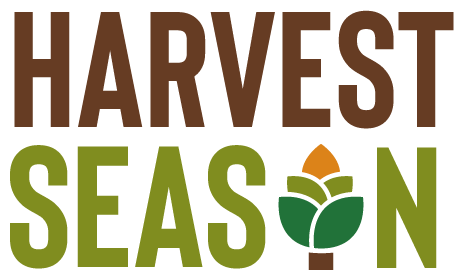
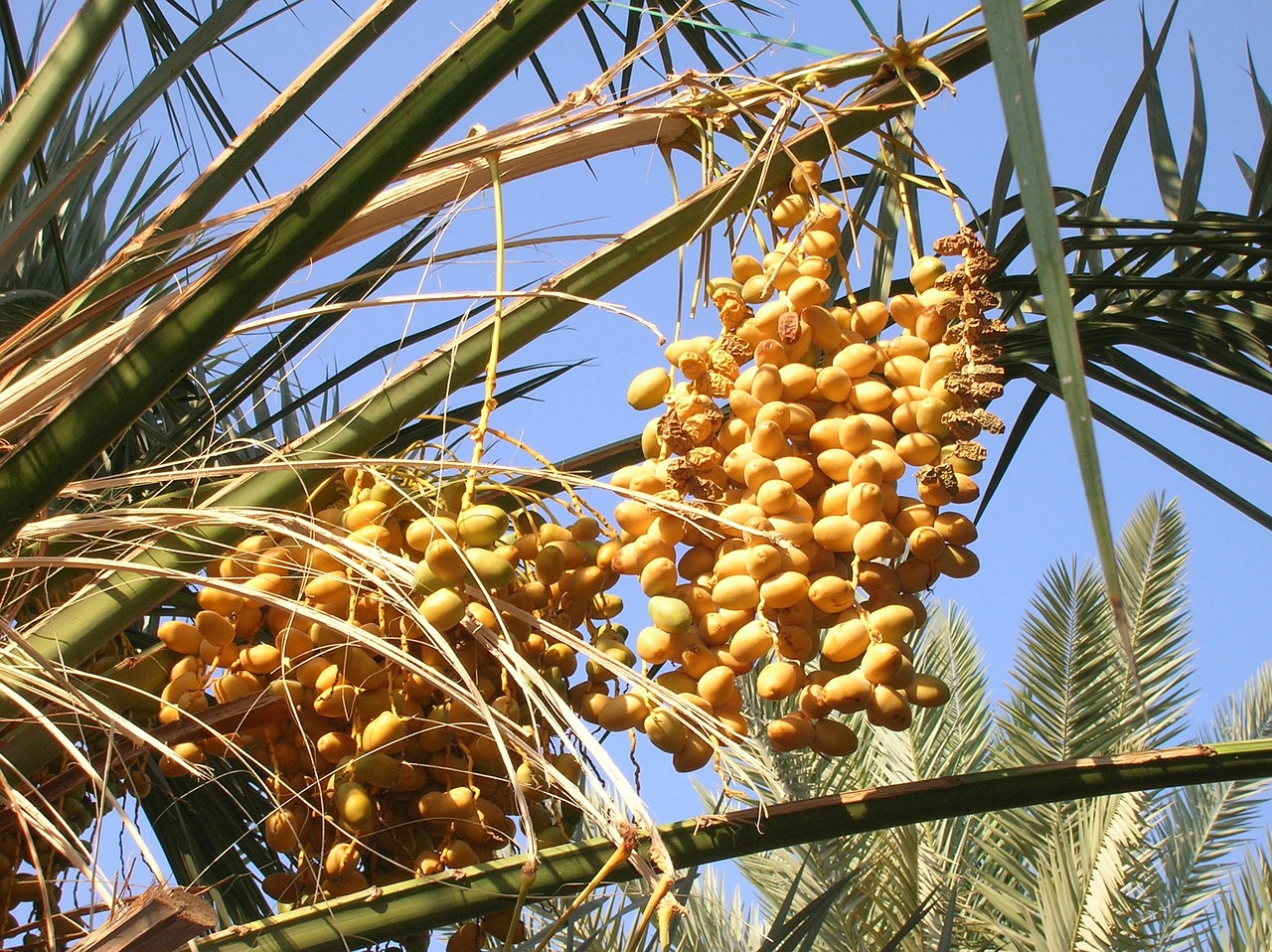
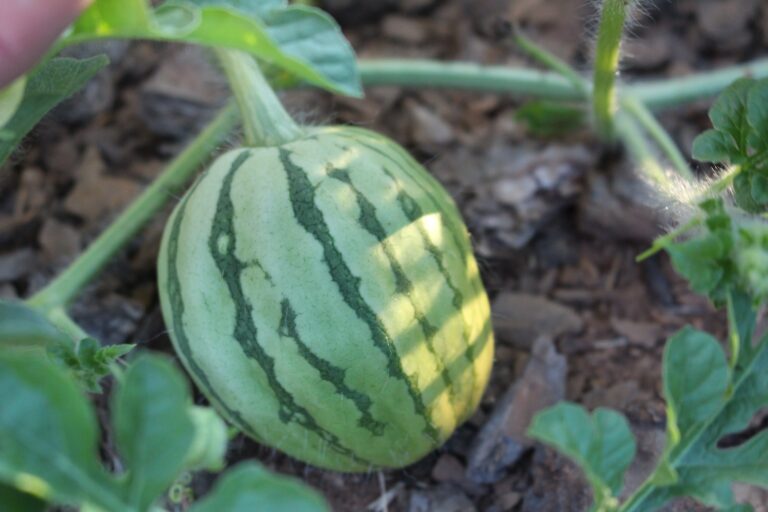
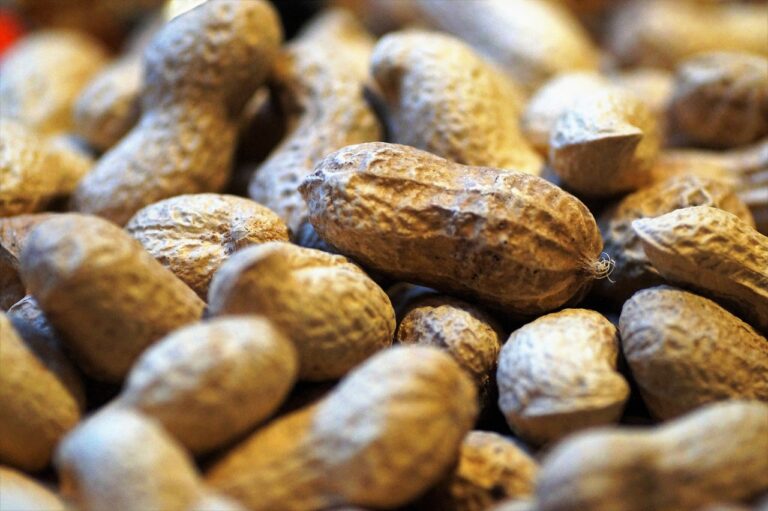
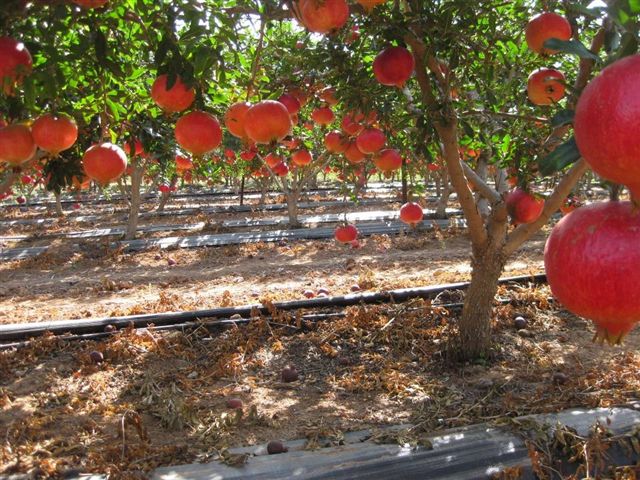
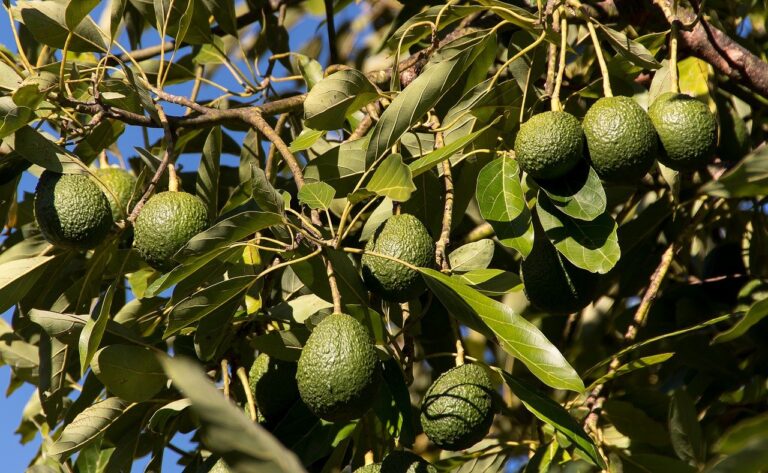
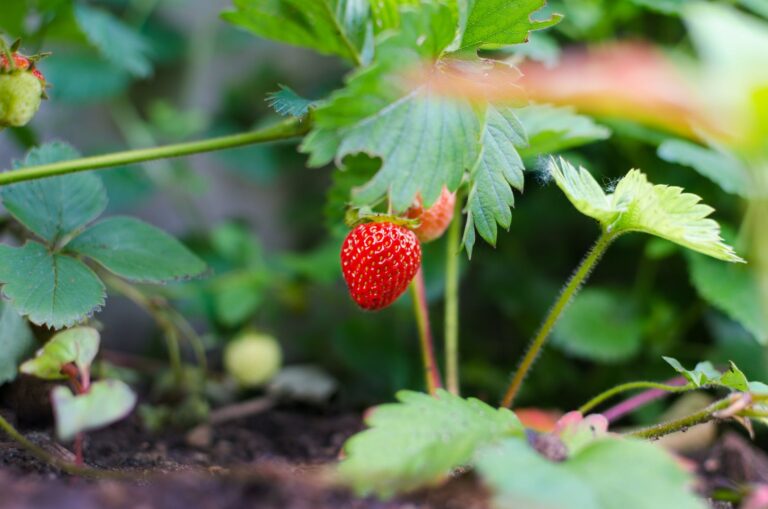
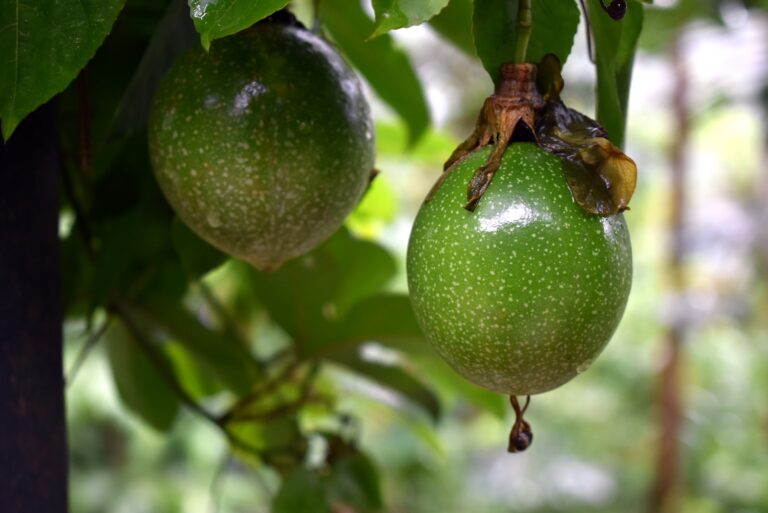
Where can I get date palm seedlings in Kenya.
I need to grow dates in Mbeere Embu County. what support can you give me. Reach out to me on 0710254878 or 0756122103